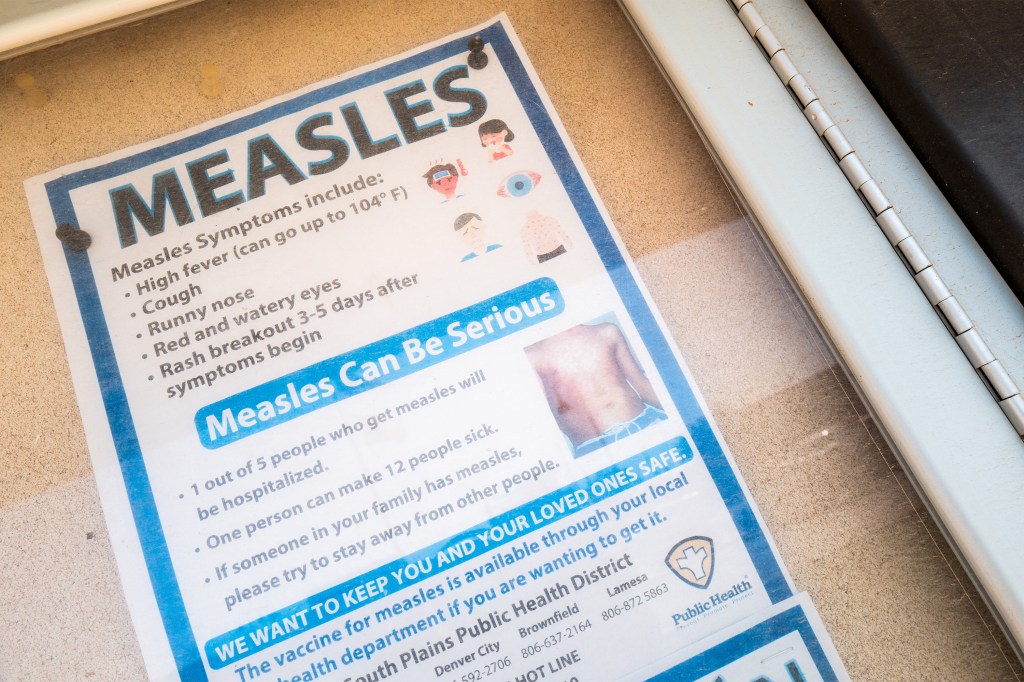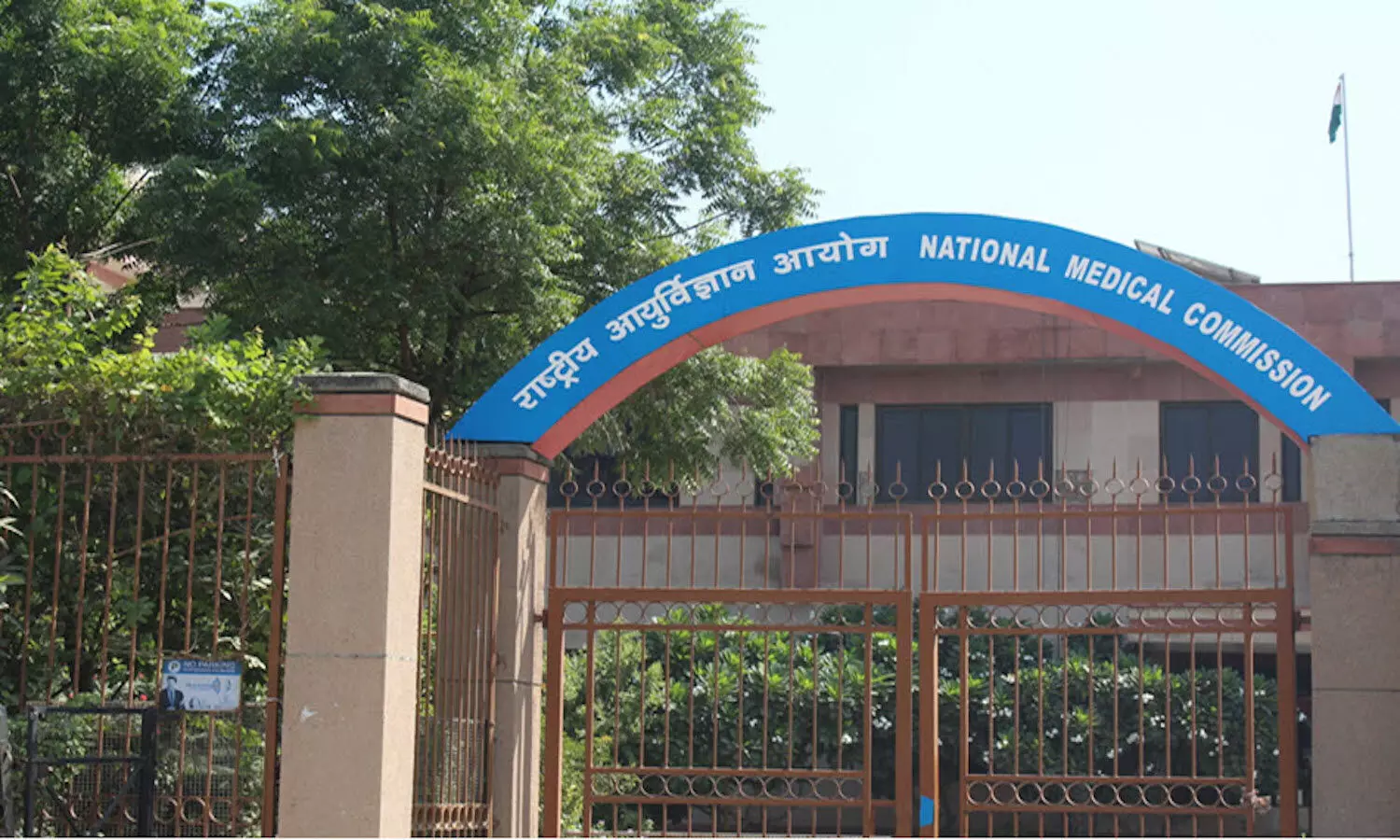It Was Once Eliminated From the U.S. Now, We Could Be on the Verge of an Epidemic. - Slate
- It Was Once Eliminated From the U.S. Now, We Could Be on the Verge of an Epidemic. Slate
- Measles Surge in Southwest Is Now the Largest Single Outbreak Since 2000 The New York Times
- Texas measles outbreak surpasses 600 cases with most among children, teens ABC News
- Track the spread of measles in Texas The Texas Tribune
- Second measles case of 2025 reported in Minnesota as cases surge nationwide CBS News
6 months 1 week ago
Health Archives - Barbados Today
‘Unsafe sex’: STIs surge among young adults
6 months 1 week ago
Health, Local News
State’s first case of measles confirmed in southern Illinois - Belleville News-Democrat
- State’s first case of measles confirmed in southern Illinois Belleville News-Democrat
- Public health officials report first measles case of the year in Illinois Chicago Tribune
- Health officials release 7 locations for ‘potential exposures' to measles case in Illinois NBC Chicago
- IDPH reports first Measles case in Illinois this year CIProud.com
- Illinois reports first measles case of 2025 WCIA.com
6 months 1 week ago
Yellow Fever Vaccine and Malaria Prevention Information, by Country - Centers for Disease Control and Prevention | CDC (.gov)
- Yellow Fever Vaccine and Malaria Prevention Information, by Country Centers for Disease Control and Prevention | CDC (.gov)
- Epidemiological Update yellow fever in the Americas Region - 24 April 2025 Pan American Health Organization (PAHO)
- CDC issues level 2 travel notice for yellow fever in South America CIDRAP
- Curaçao Issues Yellow Fever Vaccine Warning Amid South American Outbreak Curacao Chronicle
- Yellow Fever | Yellow Book Centers for Disease Control and Prevention | CDC (.gov)
6 months 1 week ago
The latest on measles outbreak cases in the U.S. - The Washington Post
- The latest on measles outbreak cases in the U.S. The Washington Post
- Measles Surge in Southwest Is Now the Largest Single Outbreak Since 2000 The New York Times
- Texas measles outbreak surpasses 600 cases with most among children, teens ABC News
- Track the spread of measles in Texas The Texas Tribune
- Second measles case of 2025 reported in Minnesota as cases surge nationwide CBS News
6 months 1 week ago
Trump cuts threaten free vaccine program for kids amid measles outbreak - Reuters
- Trump cuts threaten free vaccine program for kids amid measles outbreak Reuters
- Measles Surge in Southwest Is Now the Largest Single Outbreak Since 2000 The New York Times
- The latest on measles outbreak cases in the U.S. The Washington Post
- Track the spread of measles in Texas The Texas Tribune
- Second measles case of 2025 reported in Minnesota as cases surge nationwide CBS News
6 months 1 week ago
Aumenta la desinformación sobre el sarampión, y las personas le prestan atención, dice una encuesta
6 months 1 week ago
Noticias En Español, Public Health, States, Trump Administration, vaccines
Medical News, Health News Latest, Medical News Today - Medical Dialogues |
Ahmedabad Cardiologist jailed for unindicated cardiology procedures gets NMC relief
6 months 1 week ago
Editors pick,State News,News,Health news,Gujarat,Hospital & Diagnostics,Doctor News,NMC News,Notifications,Recent Health News
I was diagnosed with cancer after strange things happened to my hands - Daily Mail
- I was diagnosed with cancer after strange things happened to my hands Daily Mail
- ChatGPT Diagnosed a Woman with Blood Cancer a Year Before Her Doctors Found It People.com
- ChatGPT Diagnoses Woman With Cancer, Year Later, Doctors Confirm It NDTV
- Arthritis or Cancer? How ChatGPT helped diagnose a woman with stiff fingers Times of India
- The story of a French woman in her 20s, who said artificial intelligence service ChatGPT noticed her.. 매일경제
6 months 1 week ago
10 early signs of heart disease, risk factors that weaken heart - Moneycontrol
- 10 early signs of heart disease, risk factors that weaken heart Moneycontrol
- Doctor shares common symptoms of heart blockage you should never ignore: From chest pain to breathlessness Hindustan Times
- Cardiologist lists 10 symptoms to never ignore including one in arms and legs Surrey Live
- 10 red flag heart health symptoms people often ignore 'until it's too late' Daily Record
- List of 10 warning signs cardiologist says you should look out for and never ignore Derbyshire Live
6 months 1 week ago
Health Archives - Barbados Today
Government to launch mental health support programme for health workers
6 months 1 week ago
Health, Local News, News
List warns of skin-lightening products containing dangerous amounts of mercury
6 months 1 week ago
Health, antigua and barbuda, biodiversity research institute, bleaching, bri, caribbean region mercury monitoring network, crmmn, curlan campbell, department of analytical services, grenada bureau of standards, linroy christian, martin forde, mercury, minamata convention, skin-lightening cream, world health organisation
Government launches nationwide immigration screenings in public hospitals
6 months 1 week ago
Health
You Should Focus On Bone Health Earlier Than You Might Think — Here's Why - MindBodyGreen
- You Should Focus On Bone Health Earlier Than You Might Think — Here's Why MindBodyGreen
- Adopt bone-friendly habits to reduce your risk for osteoporosis Jamaica Observer
- 5 science-backed strategies to help reverse osteoporosis – whatever your age Good Housekeeping
- Women's health with Gencor Nutritional Outlook
- What Is Osteoporosis That One In Three Women In India Are Diagnosed With? Are Children Also At Risk ETV Bharat
6 months 1 week ago
Cardiologist lists 10 symptoms to never ignore including one in arms and legs - Surrey Live
- Cardiologist lists 10 symptoms to never ignore including one in arms and legs Surrey Live
- Doctor shares common symptoms of heart blockage you should never ignore: From chest pain to breathlessness Hindustan Times
- 10 early signs of heart disease, risk factors that weaken heart Moneycontrol
- 10 Signs Of An Unhealthy Heart To Watch Out For femina.in
6 months 1 week ago



